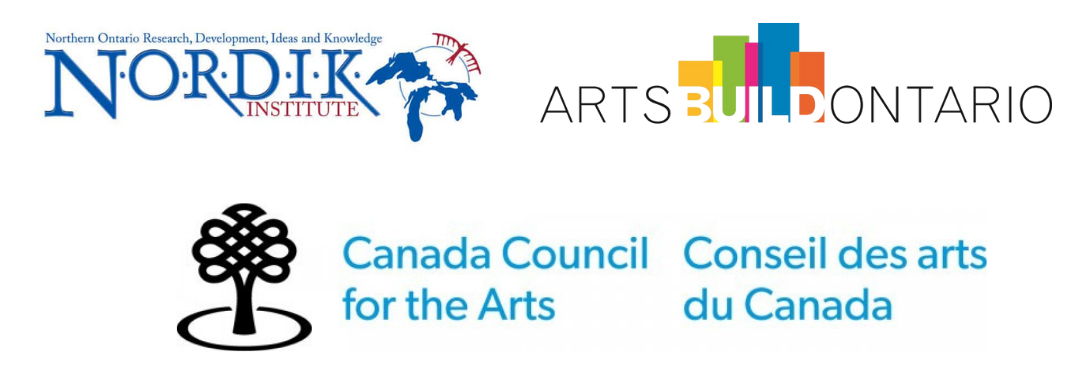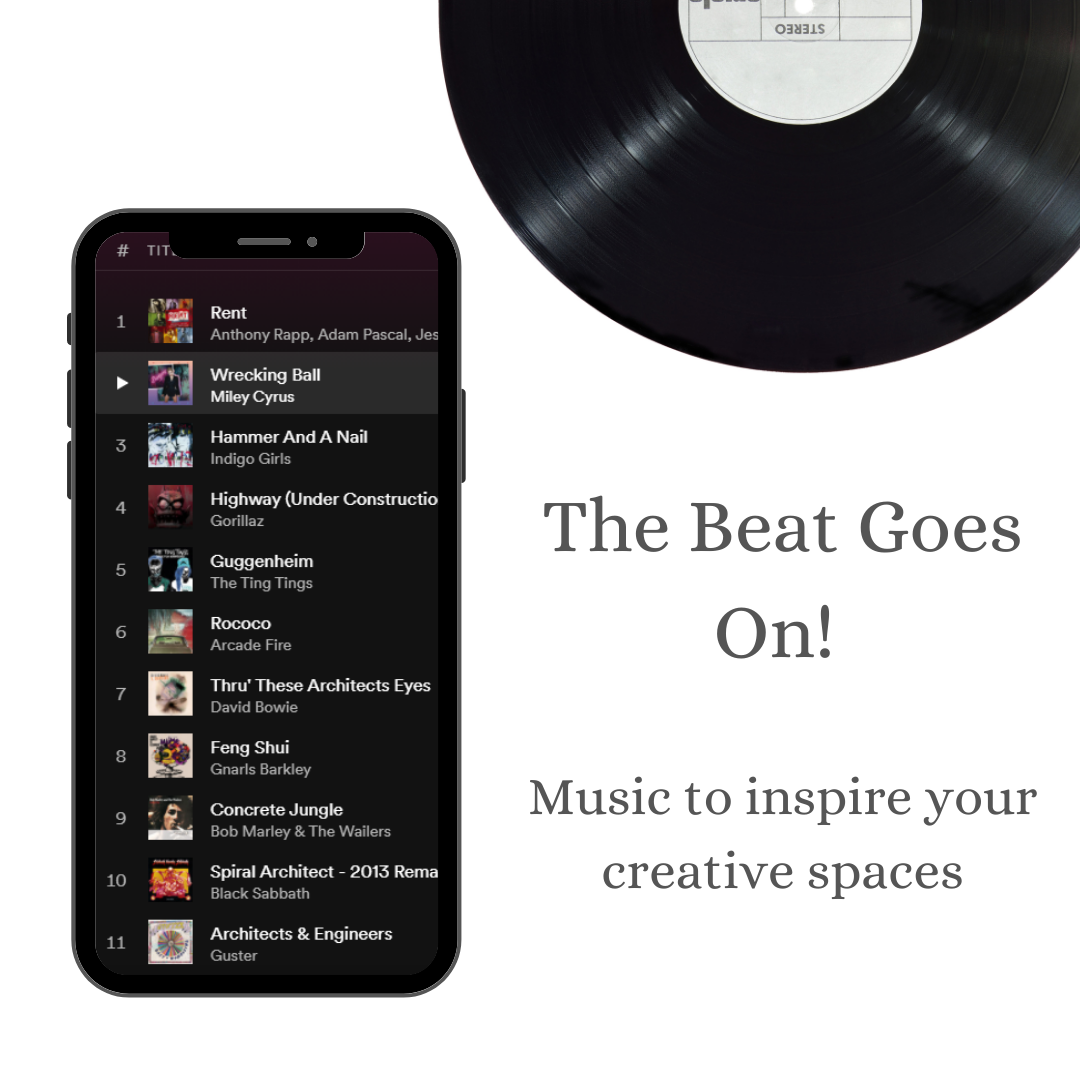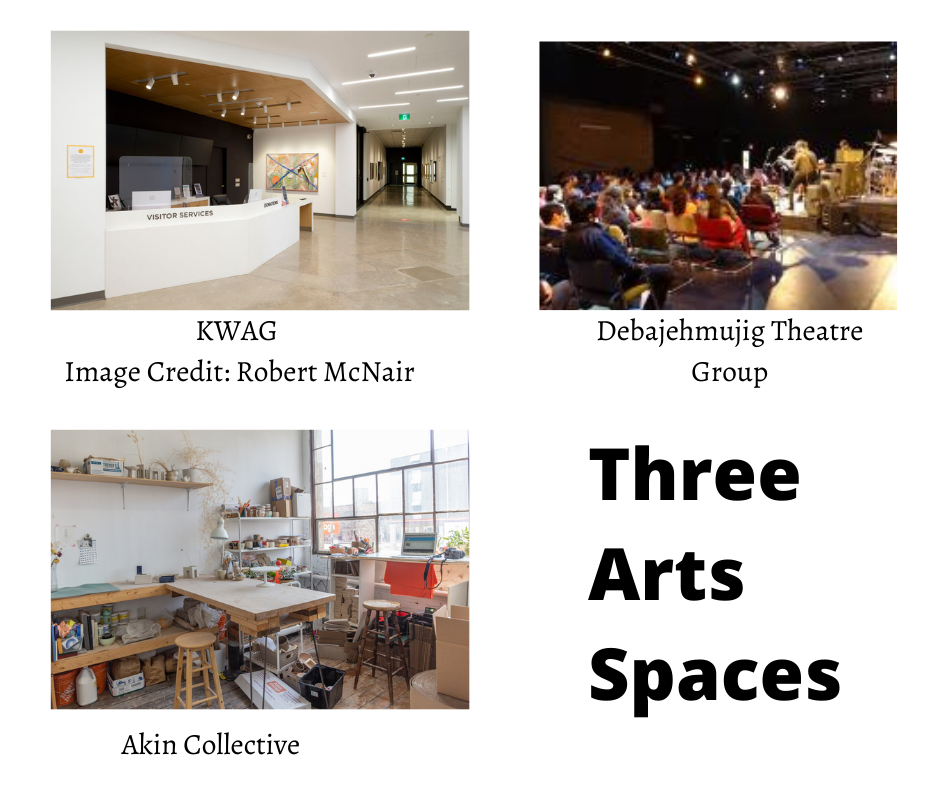Effective September 22nd, 2021, all staff, short-term renters and visitors of ArtsBuild Ontario will be required to be fully vaccinated in order to access our rented spaces within 44 Gaukel Creative Workspace. Proof of vaccination status will be required and must show the individual to be fully vaccinated* a minimum of fourteen (14) days prior to accessing the building. Proof of vaccination must be in the form of a Ministry of Health official form or a vaccination passport once they come available.
*Fully Vaccinated – Full vaccination status is defined as receiving two valid doses of a Health Canada recognized COVID-19 vaccine. Note that full vaccination status may be subject to change based on changes in the Ministry of Health guidelines.
ArtsBuild Ontario Staff
All staff at ArtsBuild Ontario must be fully vaccinated in order to report to work. Staff who require an accommodation under the Human Rights Code, that has been approved by the Executive Director, will be required to undergo regular antigen testing taken within 48 hours of reporting to work. Only staff members who receive a negative result will be permitted to work.
The cost for this testing will remain free of charge to the staff member or volunteer only as long as the tests are provided free of charge by the Government of Ontario, once they are no longer being provided free of charge, the individual will be responsible for the cost of the test.
All staff are required to take the passive screening test at the entrance of 44 Gaukel Creative Workspace each day before entering the building.
Renter Access
All renters and their attendees of ArtsBuild Ontario’s rental spaces, within 44 Gaukel Creative Workspace, will be required to be fully vaccinated for a minimum of fourteen (14) days prior to accessing the building. The renter or organizer is responsible for ensuring their guests are aware of and in accordance with the ArtsBuild Ontario’s Vaccination Policy. Attendees will be required to show proof of full vaccination along with photo identification upon entering the building. Those who cannot provide proof of vaccination will not be permitted access.
In the absence of proof of full vaccination status, we will require those who wish to access the building to provide proof of a negative antigen test within 48 hours of attending the event. This negative test result will be required to be shown along with photo identification upon entering the building.
All renters and their attendees are required to take the passive screening test at the entrance of 44 Gaukel Creative Workspace each day before entering the building.
Children 11 Years of Age and Younger
Effective September 22nd, 2021, children not yet eligible for vaccination may access 44 Gaukel Creative Workspace as long as they are accompanied by parents who have provided their own proof of vaccination. Children 11 years of age and younger are also exempt from antigen testing. Parents are asked to closely monitor their children for COVID-19 symptoms and must submit that they have self-screened their unvaccinated child prior to entering 44 Gaukel Creative Workspace.
All parents of children not yet eligible for vaccination are required to take the passive screening test at the entrance of 44 Gaukel Creative Workspace each day before entering the building.
Accommodations
ArtsBuild Ontario will comply with its human rights obligations and accommodate visitors who are legally entitled to accommodation under the Ontario Human Rights Code. Any visitors being accommodated in this manner will be subject to face-covering rules indefinitely. We will also require those who are unable to get vaccinated to provide us with proof of a negative antigen test result within 72 hours of attending 44 Gaukel Creative Workspace.
If you should require accommodation, please send an accommodation request to alex@artsbuildontario.ca. This request must include one of the two supporting documents:
- A letter on letterhead from your Primary Care Physician indicating that there is an underlying medical condition that deems it unsafe for you to receive the vaccine.
- A letter on letterhead from your religious leader indicating that your faith disallows you to receive the vaccine.
For the period between September 22 and October 12, 2021, in accordance withprovincial regulations, people accessing ArtsBuild Ontario’s rental spaces will be able to provide a negative rapid antigen COVID-19 test from no more than 48 hours beforethe event as an alternative to proof of vaccination. Once supporting documentation is received your request will be evaluated by the Executive Director for approval.







